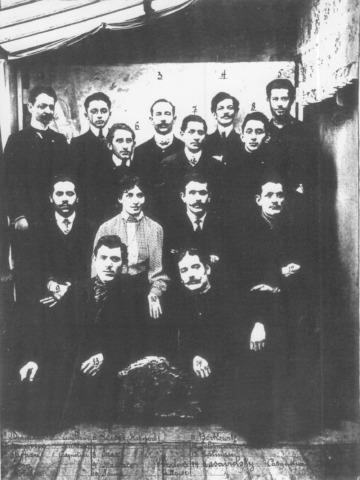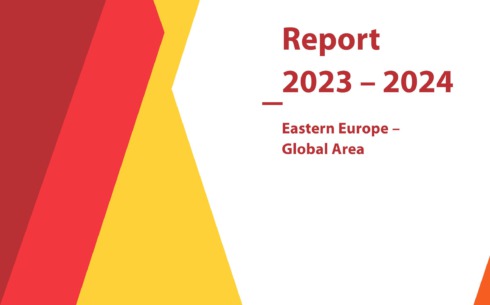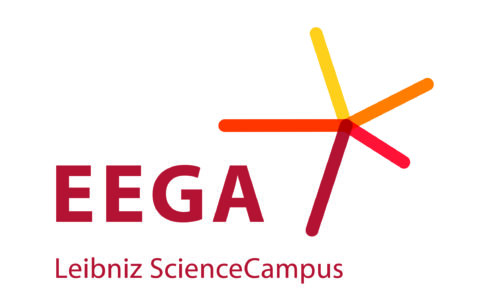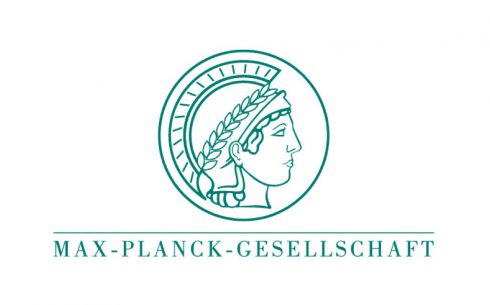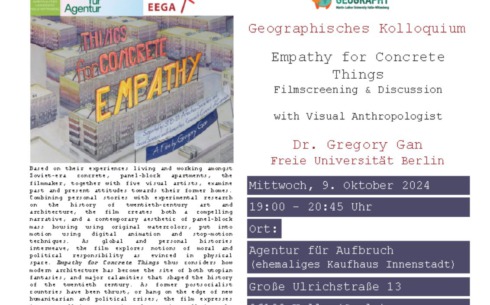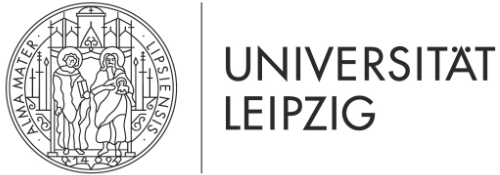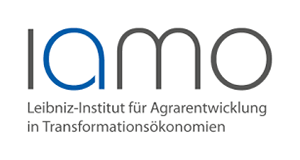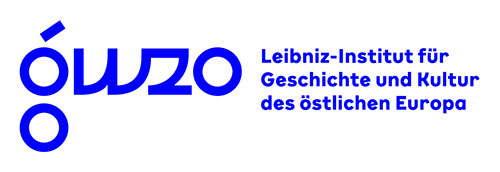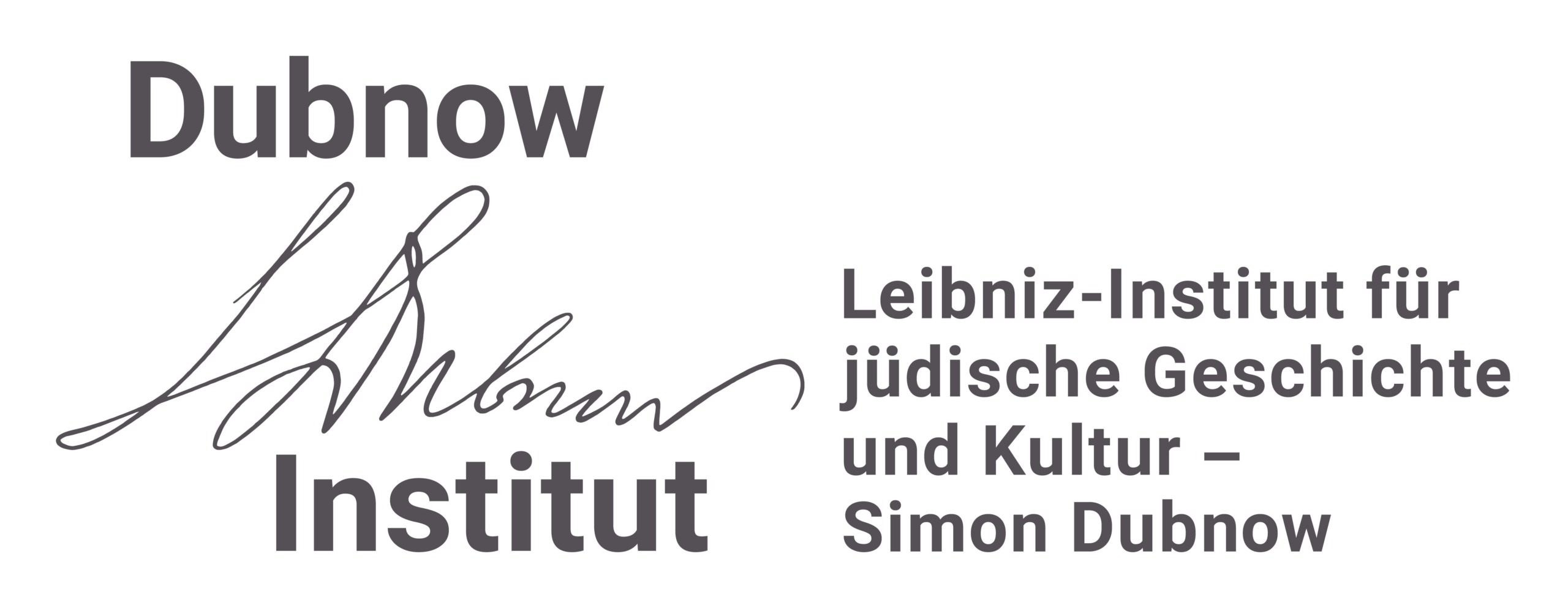Each chapter and case study can be used individually or as an overall guide for structure and content in seminars, lectures and other academic settings. Adopting an interdisciplinary perspective, the textbook comprises varied accounts of Eastern Europe’s interaction with and influence on the global sphere, as well as of reverse processes, with a focus on the 19th, 20th and 21st centuries. The book’s didactic approach puts individual actors at the centre of the analysis, as they preconfigure, articulate, delimit, position and transcend what has become a globally connected Eastern Europe.
The chapters cover a variety of disciplines, with topics ranging from geopolitical visions of Eastern Europe and their impact on international relations over natural resources, environmental policies and climate change, as well as transnational and global aspects of Eastern European music history to Eastern European legal systems and their integration in international legal frameworks. Each chapter is supported by maps and illustrations as part of a visual language that guides readers through Eastern Europe and its global entanglements.
